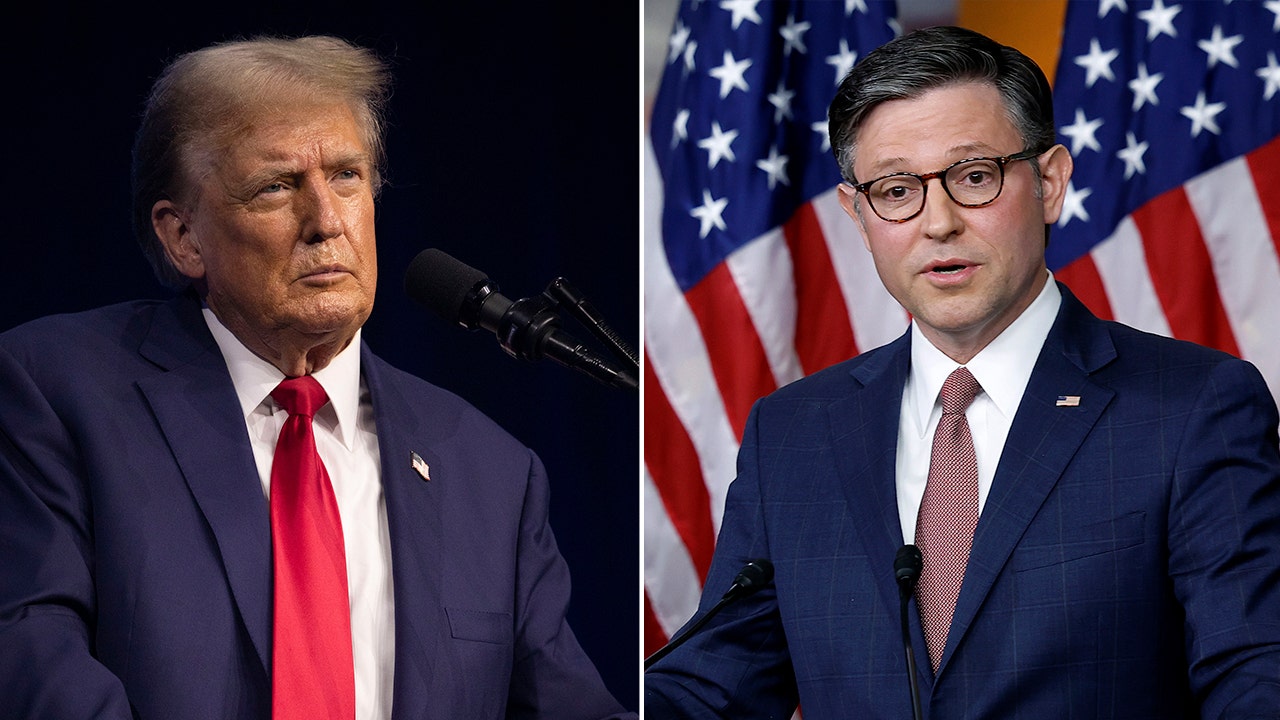After over five months of conflict, the UN Security Council has passed a resolution calling for an “immediate ceasefire” in Gaza. In a notable shift, the United States abstained from the vote, a departure from its previous vetoes of similar measures.
The revised American draft resolution omits a specific timeframe for the ceasefire, setting it apart from an earlier version vetoed by Russia and China. It conditions the cessation of hostilities on the release of hostages by Hamas.
While the resolution demands the release of all hostages, it does not link this to a ceasefire during Ramadan. Notably, the resolution lacks enforcement mechanisms, with no detailed implementation timeline or contact points for the conflicting parties.
The absence of observers to ensure compliance suggests the resolution is more symbolic than actionable.
Israel quickly expressed its anger towards the resolution. Shortly after it was issued, Israeli Prime Minister Benjamin Netanyahu cancelled a planned visit to Washington by an Israeli delegation because the United States did not use its veto power to block the decision. Netanyahu saw this as a clear departure from America’s previous stance on the matter.
Despite Washington’s efforts to manage the escalating situation with Tel Aviv, as stated by the White House spokesperson, the United States’ decision to abstain from voting on a Security Council resolution regarding the ceasefire in Gaza does not signal a change in American policy towards Israel. However, tensions within Israel, particularly within the “cabinet,” appear to be spiralling out of control. Gideon Sa’ar, the minister in the Israeli emergency government and leader of the “Tikva Hadashah” party, has announced his resignation from the government that he had joined at the start of the current conflict. Israeli Finance Minister Bezalel Smotrich may also follow suit, and the wave of resignations could potentially lead to the collapse of Netanyahu’s government.
The divide between Tel Aviv and Washington has been widening recently, mainly due to differing perspectives on the military operations in Gaza. While the Israeli Prime Minister advocated for the invasion of Rafah, an area now housing over a million displaced Palestinians, Washington urged Tel Aviv to reconsider, cautioning about the potential humanitarian crisis that such an invasion could incite. The Netanyahu government was requested to disclose its plans to prevent civilian casualties in the event of an invasion of Rafah.
Washington has intensified its pressure on Tel Aviv, with US Vice President Kamala Harris hinting at potential consequences for Israel if it proceeds with the planned attack on Rafah in southern Gaza. Harris emphasized that any major military operation in Rafah would be a grave error, a message that has been reiterated in various conversations and communications with Israeli officials.
The conflict escalated when American officials informed Politico magazine that President Joe Biden might impose conditions on future military assistance to Israel if it proceeds with the Rafah attack. The situation further intensified when US Senate Majority Leader Chuck Schumer, in a recent address, advocated for early elections in Israel to replace Netanyahu with a new leader.
Israel is currently facing severe political, economic, and military challenges, with its government at risk of collapse. Since the events of 7 October, Israel has been deteriorating internally and losing international legitimacy due to its involvement in humanitarian crises in Gaza. Some critics even accuse Prime Minister Benjamin Netanyahu of risking Israel’s future to salvage his interests after exhausting all options in the Gaza conflict.
Demonstrations are continuing daily in front of Netanyahu’s residence on an internal level, with calls for his resignation or early elections to resolve the crisis he has created. The anger and frustration among various groups, including the families of victims and reserve soldiers, are escalating. Netanyahu’s focus remains on retaining power, even if it means sacrificing the well-being of his people. The internal conflicts within the government have led Minister Benny Gantz to embark on a foreign tour without consulting Netanyahu, further highlighting the rift. Opinion polls suggest that Gantz could potentially replace Netanyahu if elections were held now.
In addition to the above, a couple of days ago, a group of around 550 former Israeli security officials penned a letter to the current government at war, cautioning that the nation’s security and strategic interests are at risk. This group, known as “Leaders for Israeli Security,” highlighted the detrimental impact on Israel’s security and strategic interests caused by the government’s approach towards providing humanitarian aid to over two million civilians in Gaza. Furthermore, a significant internal challenge within Israel is posed by the “extremists” who hold considerable influence. These extremists can exert pressure on any government, particularly those reliant on their support for political survival, such as the Netanyahu administration. This government employs a mix of incentives and punishments towards these extremists, ranging from substantial material and moral backing to facilitating their recruitment into the military, a practice that is vehemently opposed by them.
Dr. Hatem Sadek: Professor at Helwan University





















Discussion about this post